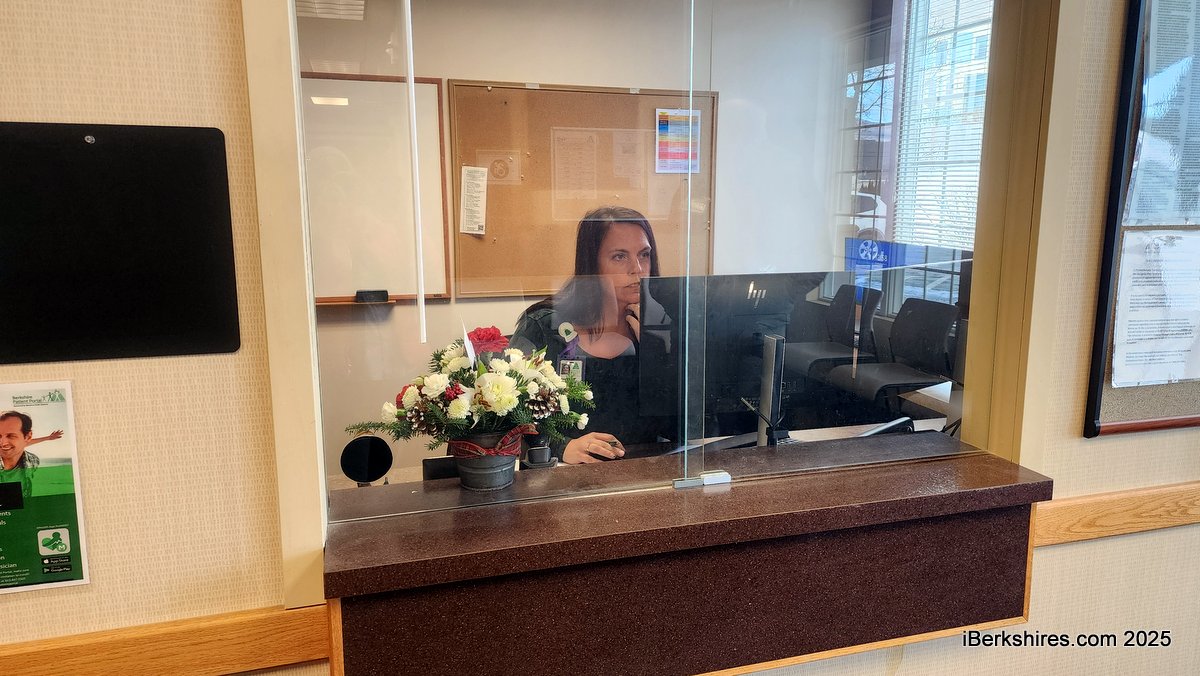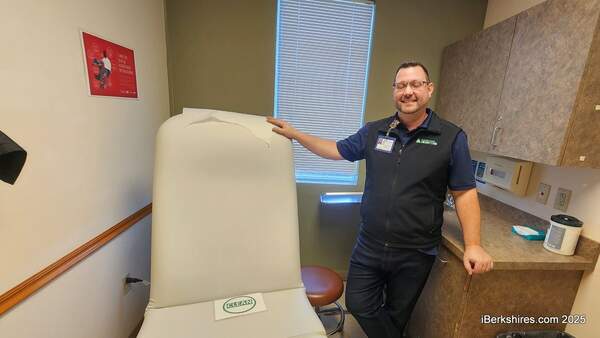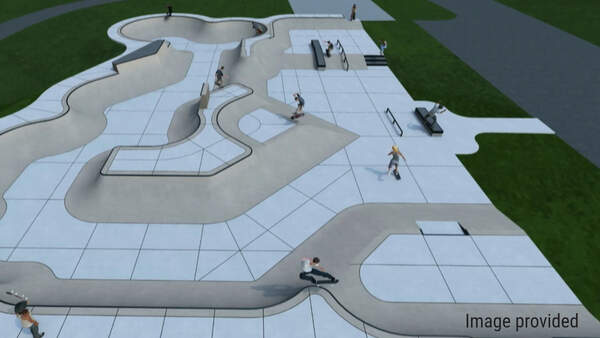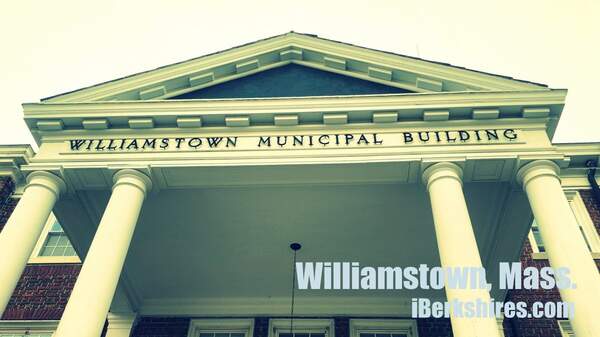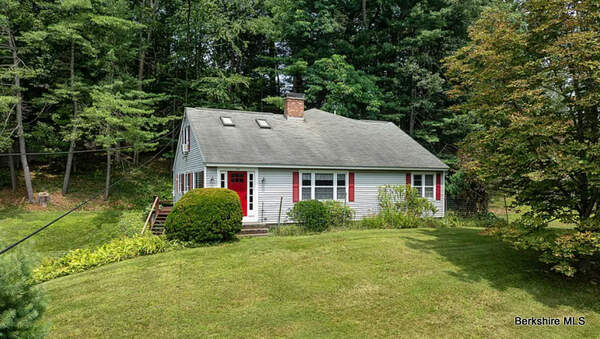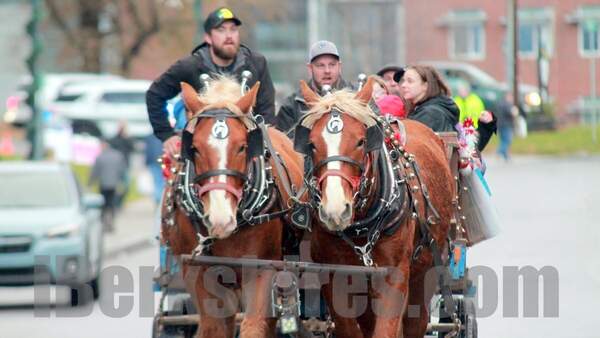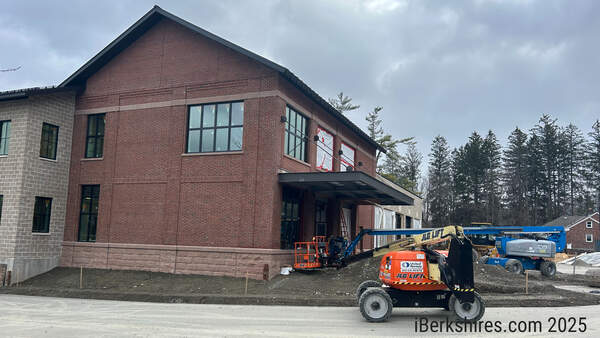Letter: MGRS Needs More Responsible Approach to Field
 |
To the Editor:
Last week the Mount Greylock Regional School Committee grappled with how to advance the athletic fields improvement project. I came away from their meeting, disappointed with their approach to and the ultimate outcome of their decision. After having made a commitment in September 2019 to explore the possibility of a – much less expensive over the long-term – natural grass field along with an artificial turf field, the committee decided to proceed with only the artificial turf option.
Proponents of the artificial turf field argued that it was time to make a decision: they had worked long and hard enough on this issue. They avoided mentioning they had done next to nothing to address a committee vote made over a year ago to include a natural grass option in the bid documents. Last week, for the first time, they mentioned that it would cost over $40,000 in architect fees to include the grass, which they clearly wouldn't be considering anyway.
Inexplicably, this concern for spending does not seem to be relevant when they are considering the potential $3 million price tag. (This price reflects the cost of Title IX and ADA improvements, an artificial turf field, $100,000 premium for Brockfill infill, but not the $700k track.) The committee seemed to be feeling flush with funds, as the Williams gift has grown from $5 million to $6.8 million. It's important to note that between $1 million and $1.5 million has been set aside as an endowment to maintain the school, and $3.1 million has been committed to the administration building. That leaves $2.2 million to $2.7 million for the fields project.
Perhaps the current effort to value engineer some aspects of the project and a depressed economy will bring the bids in low enough. On the other hand, there was no mention of where the $400,000 to $600,000 needed to replace it in 10 years time would come from.
Other financial pressures that could limit the available funds were also not discussed, such as an irrigation system that is badly needed to support the entire campus of grass fields (est. $200,000) already in use by numerous MGRS teams, or improvements to the poorly constructed John Allen Field or the unknown financial impact of COVID-19.
The School Committee argues that playability of an artificial grass field is of utmost importance. At times it sounds like the only way kids can get outside to run and breathe fresh air is if they have a plastic field. I'd prefer us to explore other options for athletics such as sharing resources with other schools, or investigating how we can creatively use that beautiful campus, and truly weighing the costs and benefits (educational, environmental, health and financial) before we make such a long term commitment.
With a majority of the School Committee members being replaced in November – which makes me wonder why the current committee is pushing for a decision now – I'm looking forward to open, reasoned and responsible dialogue and approach to decision-making in the future. At the very least, I expect commitments to be honored and spending decisions to be supported by a thoughtful financial plan.
Stephanie Boyd
Williamstown, Mass.
Tags: turf field,

